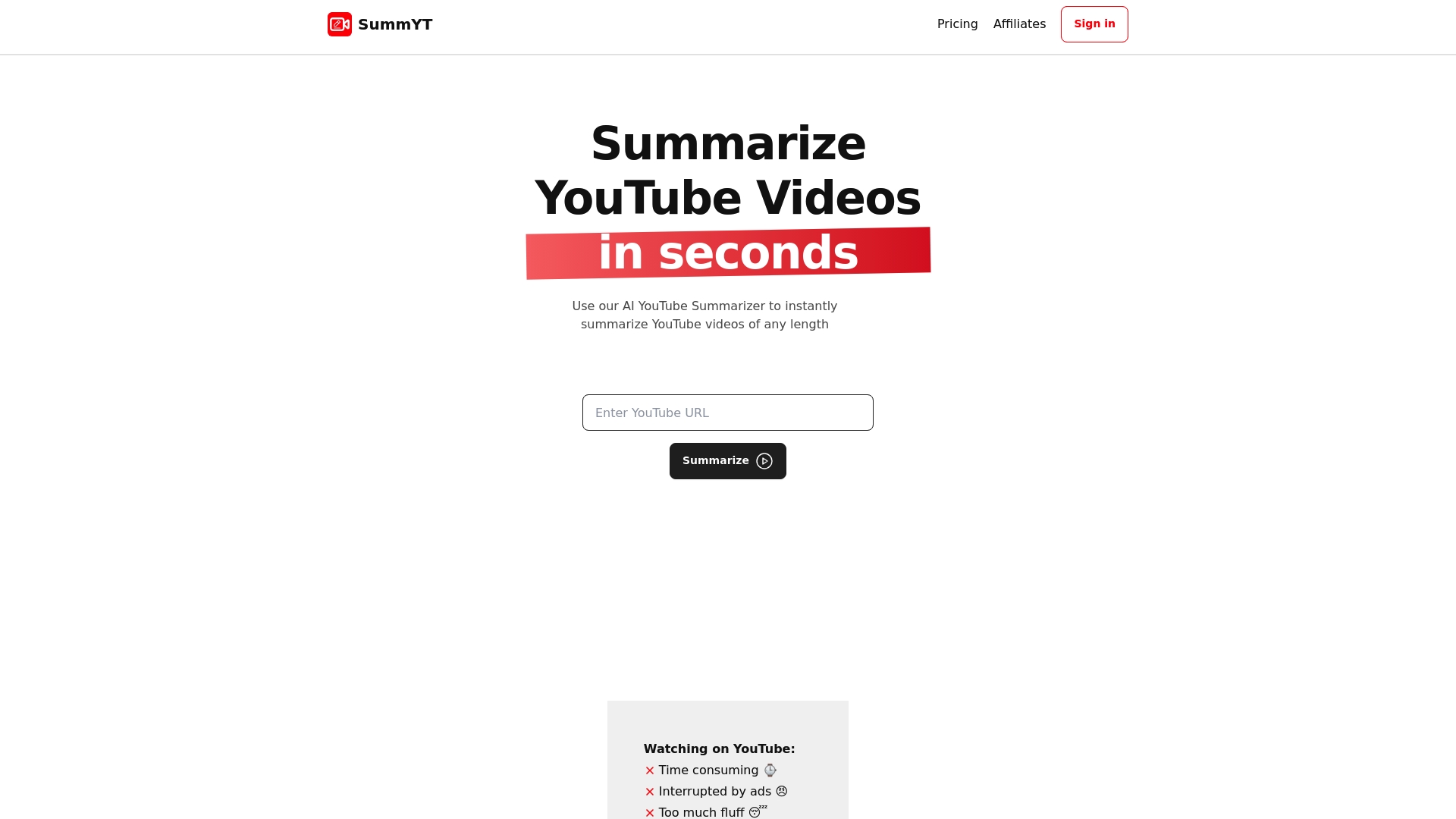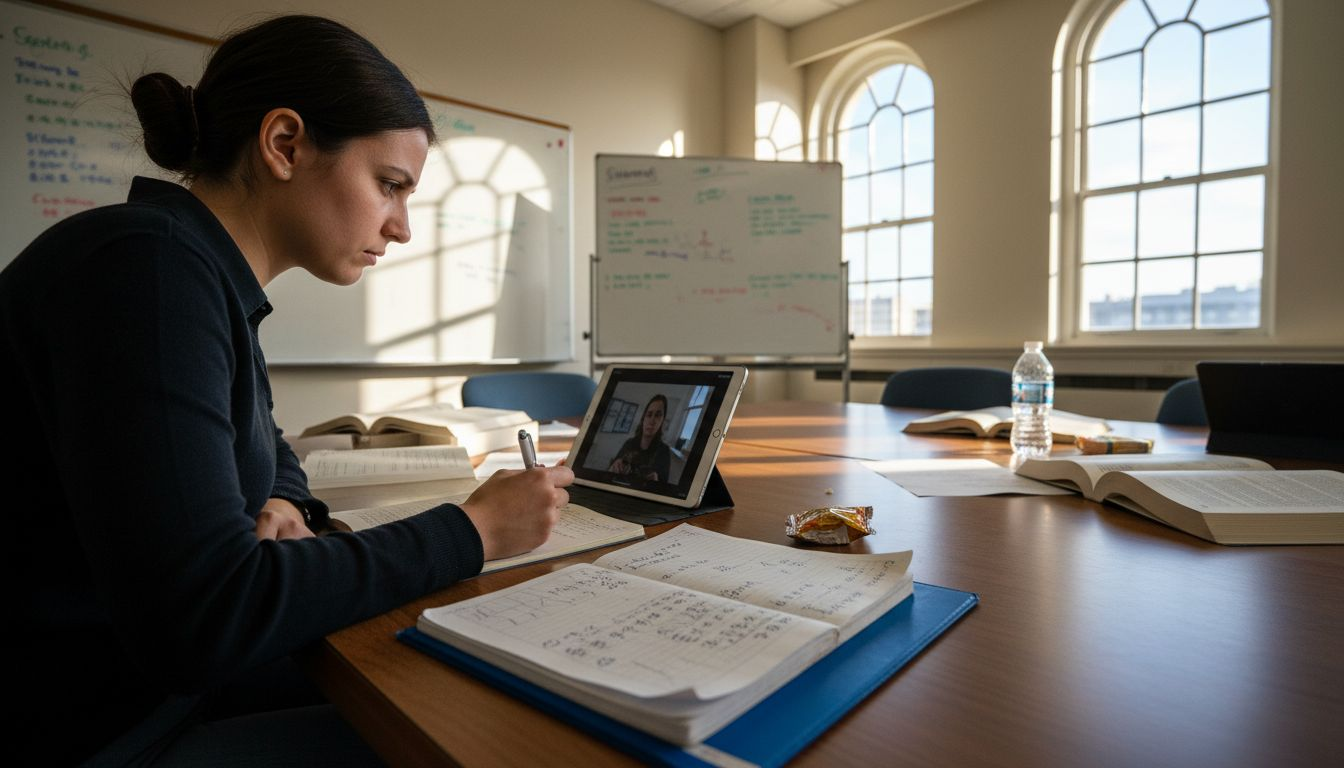Understanding Efficient Note Taking Guide for Better Learning

Everyone wants to remember more from meetings and classes, but most people just scribble endless pages of notes that never get used. So why do some learners recall so much more? Research shows that students who use strategic note taking can increase their comprehension by up to 30% compared to others. It turns out that powerful note taking is less about writing fast and more about how you capture and process information—and that shift can transform your learning and professional results.
Table of Contents
- What Is Efficient Note Taking And Its Purpose?
- Why Efficient Note Taking Matters In Education And Work
- How Efficient Note Taking Enhances Learning And Memory
- Key Concepts Of Effective Note Taking Techniques
- Real-World Applications Of Efficient Note Taking Strategies
Quick Summary
| Takeaway | Explanation |
|---|---|
| Efficient note taking enhances learning retention. | This method helps individuals remember and apply information more effectively. |
| Active processing transforms notes into knowledge. | Engaging with content through summarization and organization deepens understanding. |
| Selective information processing is key. | Identifying and focusing on critical concepts improves comprehension and retention. |
| Effective notes facilitate performance in professional settings. | Mastering note taking can significantly enhance decision-making and career growth. |
| Structured notes enable knowledge integration. | Creating dynamic frameworks connects diverse ideas, fostering innovative thinking. |
What Is Efficient Note Taking and Its Purpose?
Efficient note taking is a strategic approach to capturing, processing, and retaining information that transforms passive listening into active learning. Unlike traditional note taking methods that simply transcribe content, an efficient system focuses on understanding, synthesizing, and converting raw information into meaningful knowledge.
The Core Purpose of Efficient Note Taking
The primary objective of efficient note taking extends far beyond merely writing down words. Its fundamental purpose is to create a personalized knowledge management system that helps learners comprehend, remember, and apply information effectively. By developing a systematic approach to note taking, individuals can:

- Dramatically improve information retention
- Enhance critical thinking and analytical skills
- Transform complex concepts into digestible insights
- Create a reusable knowledge repository for future reference
Understanding the Cognitive Process
Note taking is more than a mechanical recording activity.
Below is a table comparing traditional note taking with efficient note taking to clarify the differences in approach and outcomes.
| Aspect | Traditional Note Taking | Efficient Note Taking |
|---|---|---|
| Main Focus | Transcribing content verbatim | Synthesizing and understanding content |
| Engagement Level | Passive | Active |
| Information Retention | Lower | Higher (up to 30% improvement) |
| Content Processing | Linear, detail-heavy | Selective, focuses on key concepts |
| Organization Structure | Chronological, minimal structure | Structured frameworks, knowledge mapping |
| Application of Notes | Rarely reused | Serves as a reusable knowledge repository |
| Cognitive Benefits | Minimal | Enhances critical thinking and memory |
| It represents a complex cognitive process where the brain actively engages with information, filters essential details, and constructs meaningful connections. According to cognitive learning research from Stanford University, effective note taking activates multiple brain regions responsible for comprehension, memory formation, and long-term knowledge retention. |
The most successful note takers understand that the act of taking notes is itself a learning mechanism. By critically selecting, paraphrasing, and organizing information, learners are not just documenting content but actively processing and internalizing knowledge. This approach transforms note taking from a passive recording task into an active learning strategy that enhances understanding and recall.
Furthermore, efficient note taking helps individuals develop powerful summarization skills, enabling them to extract core insights quickly and effectively. Whether you’re a student, professional, or lifelong learner, mastering this skill can significantly accelerate your learning journey and improve overall knowledge absorption.
Why Efficient Note Taking Matters in Education and Work
In an era of information overload, efficient note taking has transformed from a simple academic skill to a critical professional competency. Its significance extends far beyond classroom learning, becoming an essential strategy for personal and professional success across diverse domains.
Strategic Advantages in Learning Environments
In educational settings, efficient note taking directly impacts academic performance and intellectual development. Students who master advanced note taking techniques consistently outperform their peers. Research from Harvard University’s Learning Sciences Department reveals that strategic note taking enhances comprehension by up to 30%, enabling learners to process complex information more effectively.
The strategic advantages include:
- Accelerated knowledge acquisition
- Enhanced critical thinking capabilities
- Improved long-term memory retention
- Better preparation for examinations and presentations
Professional Performance and Knowledge Management
In professional environments, efficient note taking becomes a powerful tool for career advancement. Knowledge workers who can rapidly capture, synthesize, and retrieve critical information gain significant competitive advantages. Our comprehensive guide on summarization techniques highlights how professionals leverage efficient note taking to streamline communication and decision-making processes.
Modern workplaces demand rapid information processing. Professionals who can quickly distill complex discussions, meeting insights, and strategic plans into clear, actionable notes become invaluable team members.
The following table outlines the strategic advantages of efficient note taking in both educational and professional environments, summarizing its impact on performance and knowledge management.
| Environment | Strategic Advantages |
|---|---|
| Education | Accelerated knowledge acquisition, better exam preparation, |
| enhanced critical thinking, improved long-term retention | |
| Professional | Rapid information processing, clear communication, |
| strategic decision-making, competitive career advancement | |
| Efficient note taking enables individuals to transform passive listening into active strategic thinking, bridging the gap between information consumption and practical application. |
Whether in academic research, corporate strategy sessions, or creative brainstorming meetings, the ability to capture nuanced information efficiently distinguishes high performers from average participants. Efficient note taking is not just a skill but a strategic approach to learning, working, and continuous personal development.
How Efficient Note Taking Enhances Learning and Memory
The connection between efficient note taking and memory enhancement is deeply rooted in cognitive science.
Far from being a simple recording mechanism, strategic note taking fundamentally transforms how our brains process, store, and retrieve information, creating powerful neural pathways that optimize learning potential.
Cognitive Processing and Neural Engagement
Efficient note taking activates multiple cognitive mechanisms that go beyond passive information absorption. When learners engage in intentional note taking, they trigger complex neurological processes that transform raw information into meaningful knowledge. Scientific research from the National Institutes of Health demonstrates that active note taking stimulates different brain regions responsible for comprehension, memory consolidation, and long-term retention.
The cognitive benefits include:
- Enhanced information encoding
- Improved neural connectivity
- Accelerated knowledge integration
- Deeper conceptual understanding
Memory Consolidation Strategies
Note taking serves as a powerful memory consolidation technique by requiring learners to process information through multiple cognitive filters. By selecting, paraphrasing, and organizing content, individuals create personalized mental frameworks that significantly improve information retention. Our guide on summarization techniques reveals how strategic note taking transforms complex information into digestible, memorable insights.
The most effective note takers do not merely transcribe information but actively interpret and reconstruct knowledge. This process of critical engagement triggers what neuroscientists call elaborative rehearsal, where information is processed more deeply, making it more likely to transfer from short-term to long-term memory. By converting passive listening into an active learning experience, efficient note taking becomes a sophisticated memory enhancement strategy that empowers learners to retain and recall information with greater precision and speed.
Key Concepts of Effective Note Taking Techniques
Effective note taking transcends simple transcription, representing a sophisticated cognitive approach to knowledge management. Understanding its core concepts transforms note taking from a mechanical task into a strategic learning methodology that enhances comprehension and retention.
Selective Information Processing
Effective note taking is fundamentally about discernment. The ability to identify, extract, and synthesize critical information from a larger body of content distinguishes exceptional learners. Cognitive research from MIT’s Learning Sciences Department demonstrates that successful note takers do not attempt to capture every detail, but instead focus on core concepts, underlying principles, and interconnected ideas.
Key characteristics of selective information processing include:
- Recognizing primary and secondary information
- Understanding conceptual hierarchies
- Identifying key arguments and supporting evidence
- Distinguishing between foundational and supplementary knowledge
Structural Organization and Knowledge Mapping
The structural approach to note taking goes beyond linear transcription, creating dynamic knowledge frameworks that facilitate deeper understanding. Effective note takers construct mental and visual maps that reveal relationships between concepts, enabling more comprehensive comprehension. Our comprehensive guide on lecture summarization explores how strategic organization transforms raw information into meaningful insights.
Successful note taking techniques leverage cognitive architecture by creating flexible, interconnected knowledge structures. This approach allows learners to not just record information, but to actively engage with content, drawing connections, identifying patterns, and constructing nuanced understanding. By treating notes as living documents that can be revisited, expanded, and reinterpreted, individuals transform note taking from a passive recording activity into an active, dynamic learning process.
Real-World Applications of Efficient Note Taking Strategies
Efficient note taking strategies extend far beyond academic lecture halls, emerging as a critical skill across professional domains where information processing and knowledge management determine success. These techniques have revolutionized how individuals transform complex information into actionable insights across various contexts.
Professional Performance Enhancement
Strategic note taking serves as a professional superpower in high-stakes environments.
IMAGE:descriptive_key_1] In fields ranging from legal research to medical consultations, the ability to rapidly capture, synthesize, and retrieve critical information distinguishes top performers. [Research from Harvard Business Review reveals that professionals who master efficient note taking techniques can improve their decision-making speed by up to 40%.
Key professional domains benefiting from advanced note taking include:
- Corporate strategy and consulting
- Medical diagnosis and patient care
- Legal research and case management
- Scientific research and development
- Engineering project documentation
Interdisciplinary Knowledge Integration
Note taking strategies transcend traditional disciplinary boundaries, enabling cross-functional learning and innovation. Professionals who can effectively synthesize information from diverse sources create unique intellectual value. Our comprehensive guide on summarization techniques explores how strategic note taking facilitates complex knowledge integration.
The most sophisticated note takers approach information as a dynamic ecosystem, recognizing that true understanding emerges not from passive recording but from active interpretation, connection, and reconstruction of knowledge. By developing flexible note taking frameworks, individuals can navigate increasingly complex informational landscapes, transforming raw data into strategic insights that drive innovation and professional excellence.
Transform Note Taking into Effortless Learning with AI-Driven Summaries
Are you frustrated with the endless challenge of capturing, processing, and retaining complex information from long YouTube lectures, tutorials, or webinars? If you want to master efficient note taking and spend less time transcribing and organizing details, it’s time to try a smarter approach. SummYT takes the pain out of converting hours of video content into crystal-clear, actionable notes and summaries in just minutes. Work smarter, not harder, and reclaim precious learning time.

Make every study session or meeting count with SummYT. Experience unlimited, AI-powered YouTube summaries that turn raw information into structured insights. Whether you are a student, professional, or lifelong learner, SummYT helps you build your own knowledge repository for instant reference and faster comprehension. See how learning with concise summaries transforms your educational and work productivity. Ready to elevate your note taking? Try SummYT now and let your learning take off.
Frequently Asked Questions
What is efficient note taking?
Efficient note taking is a strategic approach to capturing and processing information, focusing on understanding and synthesizing content rather than simply transcribing it. This method helps learners transform passive listening into active learning, enhancing comprehension and retention.
How does efficient note taking improve learning outcomes?
Efficient note taking improves learning outcomes by enhancing information retention, critical thinking, and the ability to distill complex concepts into understandable insights. Studies show that strategic note takers can enhance comprehension by up to 30%, leading to better academic performance and memory consolidation.
What techniques can I use for effective note taking?
Key techniques for effective note taking include selective information processing, which involves identifying and synthesizing core concepts, and structural organization, which helps create visual maps of relationships between ideas. Additionally, active engagement through summarization and paraphrasing can significantly enhance retention.
Why is note taking important in professional settings?
In professional environments, efficient note taking allows individuals to capture and synthesize critical information quickly, improving decision-making and communication. It distinguishes high performers by enabling them to process complex discussions and strategic plans, making them invaluable team members.




